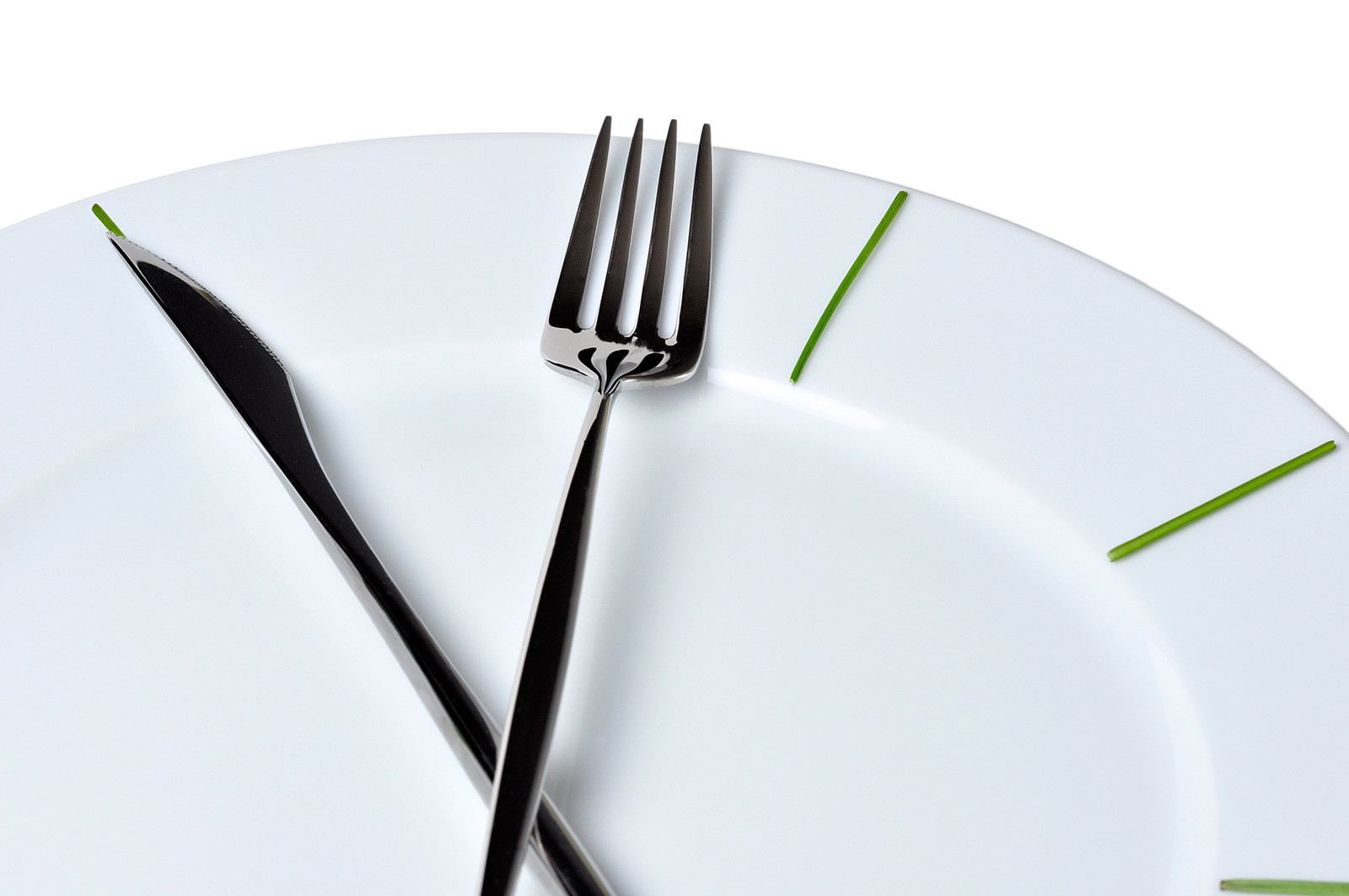In today’s fast paced world people are always on the lookout for new ways to get the energy they need to propel themselves through the day. Energy boosting goods and services seem to be everywhere, from caffeine loaded drinks, to yoga classes promoting improvements in energy levels. When it comes to increasing energy, it seems people are always on the lookout for solutions, but overlook one of the most basic factors contributing to our energy levels: what we eat.
If you’re feeling run-down during the day, it is often a sign that your body is running on empty.
Food is fuel for our bodies and minds. If we’re not eating the right foods, in the right amounts, and at the right times, we’re depriving ourselves of a crucial element that our bodies need to survive and thrive.
Real, whole foods can improve your energy

Beef stew, with green peppers, onion and tomatoes
Sustained energy is easy to achieve if you plan well timed, nutrient dense, whole meals throughout the day. There is an abundance of information floating around today about what we should eat and new diet trends. This can make following a healthy diet seem daunting, when in reality, it is quite simple and most of us already understand the basics of eating well. Eating healthy doesn’t mean following the newest fad diet, it means eating a variety of fresh foods, reducing carbohydrate and sugar intake, and eating balanced meals with plenty of vegetables, protein, healthy fats, and whole carbohydrates.
Practical tips for eating well
Getting started on a healthy meal plan can be challenging at first. The important thing is to focus on all of the foods you should be eating, rather than those that you are trying to avoid. This will help with any feelings of deprivation and also help you to realize that there’s an abundance of healthy and fulfilling foods to replace the ones you’re removing from your diet.
These practical tips will help you to get started on your path to increased energy:
Eat the right foods
Eating the right foods is, of course, crucial if you’re looking for sustained energy. Here is a quick overview of the foods you should be eating:
- Healthy, non-processed foods: Processed foods and fast foods will spike your blood sugar and are inflammatory.
- Fresh vegetables: Fresh vegetables should make up a large part of your diet and the best part is that you can eat as much as you’d like!
- Fruit: Fruit is another important part of a balanced diet, although be aware of the high sugar content in many fruits which can cause fluctuations in blood sugar, which affects your energy.
- Protein: The importance of protein cannot be understated, and as humans, we need a lot of it! Protein should be present with every meal you eat.
- Carbohydrates: It is not realistic to remove all carbohydrates from our diets, but we should avoid processed and refined carbohydrates like white bread, sugar, and pastries. Whole carbohydrates such as whole grains, legumes, potatoes, and vegetables can be enjoyed.
Balance your meals
Once you understand what foods you should eat, you need to learn how to balance your meals. A well balanced meal should be made up of fresh vegetables, protein, and carbohydrates. Generally, vegetables will make up the majority of the meal, with the right amount of protein for your body size, and a small serving of whole grain and/or fiber rich carbohydrates. You also want to incorporate healthy fats like avocado, coconut oil, or foods containing omega 3’s.
This is a basic template to follow, but everyone is different. The important thing is to eat a variety of healthy foods with every meal. Once you begin to eat healthier more balanced meals, you will find the right meal plan for your body’s needs.
Time your meals

Eating well timed meals balances your blood sugar levels and directly affects your energy levels. Breakfast is truly the most important meal of the day and should never be skipped. Instead of opting for a quick grab-and-go bagel or muffin, take the time to plan a balanced meal that will set you up for success for the rest of the day. Many nutritionists say that breakfast should be the largest meal of your day, and dinner should be the lightest. This allows your body to digest heavier meals during the times of the day when your body metabolizes food the best, helping with energy levels, weight loss, and even your ability to have a good night’s sleep.
The simple act of eating well can do wonders to make you feel awake, alert, and healthy.
Practicing good eating habits by eating the right foods, balancing your meals, eating at the right times and in the right quantities will have a profound effect on your energy levels and overall health.
Why spend another day feeling tired and run-down when you have a simple solution at your fingertips? Start following these practical tips today so you can enjoy life to the fullest, with higher energy levels.
